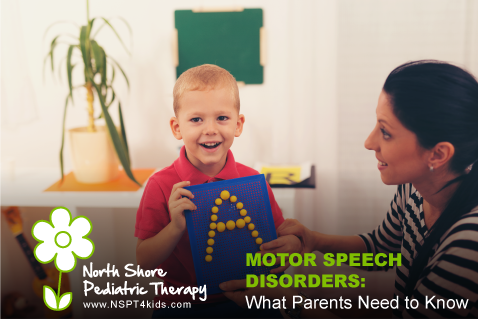When parents first become concerned with their child’s speech or language development, a screening can be a good step to determine if a child will warrant a full speech-language evaluation. Speech screenings can be informal or formal. Here is what to expect at each type of speech-language evaluation.
Speech-Language screenings can take on two forms-formal or informal:
Informal Screening:
- Lasts approximately 15 minutes
- Can take the form of a conversation with a licensed speech-language
Pathologist (SLP) - May involve some play-based activities
- Often involves observation during peer interactions
- SLP may ask child age-appropriate questions to determine abilities for
answering questions, forming sentences, and articulation - There is no formal protocol to follow
- There is always a parent meeting with the therapist after the screening to make recommendations
Formal Screening:
- Lasts approximately 15 minutes
- Often has a criterion check list of skills
- Will look at speech and language production
- May have images for child to name or fill-in-the-blank sentences
- Usually has questions for child to answer
- There is always a parent meeting with the therapist after the screening to make recommendations
Screenings can be a great tool to determine if a child warrants a full speech-language evaluation. A screening alone is not diagnostically reliable and should only be used as a tool to decide if an evaluation is necessary. A licensed speech-language pathologist will not make goals about ongoing therapy until an evaluation is completed, however, after both formal and informal screenings, an SLP will meet with parents to create a plan for the next step: either conduct an evaluation or decide that the child is on track with speech and language and wait 3-6 months before screening again!













